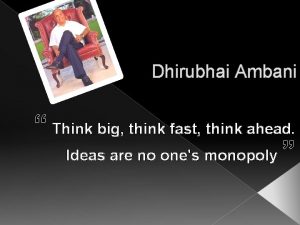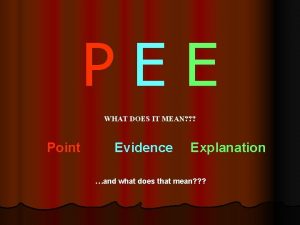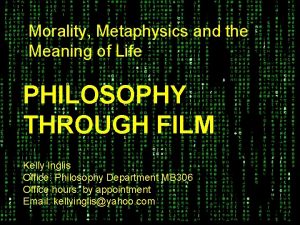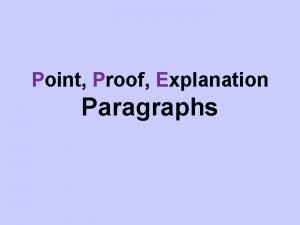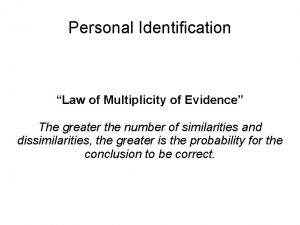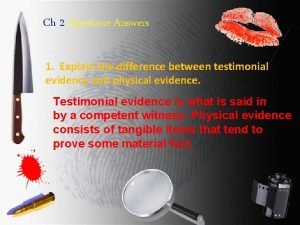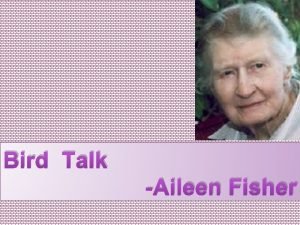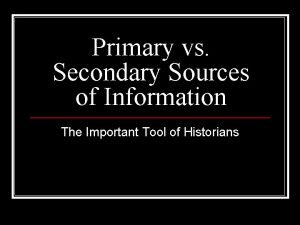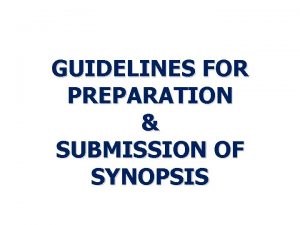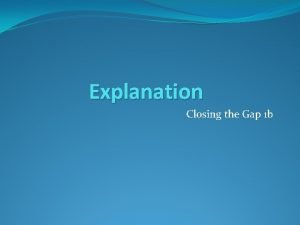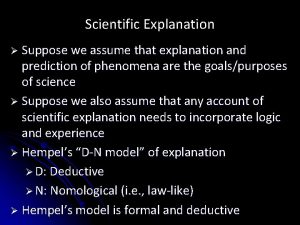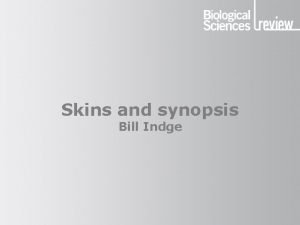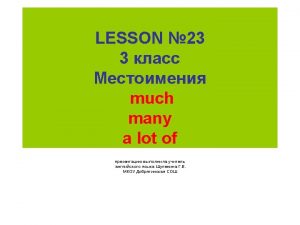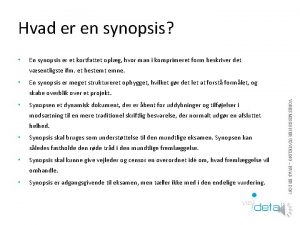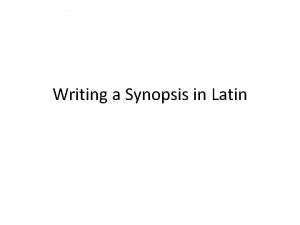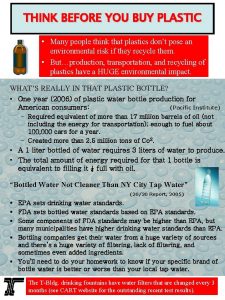Scientific Evidence and Explanation Synopsis Many people think












- Slides: 12

Scientific Evidence and Explanation Synopsis: Many people think about science in a fairly simplistic way: collect evidence, formulate a theory, test theory. By this method, it is claimed, science can achieve objective knowledge about reality. I will question this simple understanding of science by examining of the key controversies in philosophy of science, including theory-ladenness of observation, underdetermination, theory choice, and the nature of scientific explanation. I will argue that philosophy of science paints a much richer and messier picture of the relationship between science and truth than many people commonly imagine, and highlight why I think some knowledge of philosophy of science is important for both producers and consumers of scientific knowledge. James Fodor, 12 th October 2014

0. An Overview 1. “The Scientific Method” 2. Theory-Ladenness of Observation 3. Confirmational Holism 4. Underdetermination 5. Models of Scientific Explanation 6. Conclusions

1. “The Scientific Method”

2. Theory-Ladenness of Observation • According to the Scientific Method, we test theories by making empirical observations • But can we make observations without appealing to the framework of some theory? • If observations can only be made with respect to a particular theory, how can any theory be falsified in Thomas Kuhn (1922 -1996) an absolute sense?

2. Theory-Ladenness of Observation

3. Confirmational Holism • If a prediction fails, what exactly do we reject? Hypotheses are conjoined • Example 1: Newton gets orbit of Uranus wrong – reject Newton or posit Neptune? • Example 2: Newton gets orbit of Mercury wrong – reject Newton or posit Vulcan? • Quine: “The unit of empirical Willard Quine (1908 -2000) significance is the whole of science”

4. Underdetermination • The available evidence is always consistent with a large number of competing theories • How do we choose among these theories? • Problem of unconceived alternatives: ideas we haven’t thought of yet Pierre Duhem (1861 -1916)

4. Underdetermination

5. Scientific Explanation • A major goal of science is to explain things • But makes a good explanation? • Do explanations have to make predictions? - What about psychology or historical sciences? • How do we judge the ‘simplicity’ of an explanation or theory? • How do we weight up competing virtues (scope, empirical support, simplicity, etc)? Carl Hempel (1905 -1997)

6. Conclusions • Science is messy • Take care making claims about science or its findings • Give up simplistic models of the scientific method • Philosophy helps us to understand what we are doing when we do science • Help to spot snake oil and fake science • Helps us to tell good science from bad. Helps us to avoid things like…

6. Conclusions

Shameless Self-Promotion • Check out the University of Melbourne Secular Society on facebook, or at umss. org • Visit my blog fods 12. wordpress. com • Check out my podcast at fods 12. podbean. com • Contact me at fods 12@gmail. com
 Mukesh ambani signature
Mukesh ambani signature Peel point example explanation link
Peel point example explanation link What does pee stand for in writing
What does pee stand for in writing I think therefore i am explanation
I think therefore i am explanation Point proof analysis example
Point proof analysis example 2 law of multiplicity of evidence
2 law of multiplicity of evidence How can class evidence have probative value
How can class evidence have probative value Robin and jay poem
Robin and jay poem Think fam think
Think fam think Primary evidence vs secondary evidence
Primary evidence vs secondary evidence Primary evidence vs secondary evidence
Primary evidence vs secondary evidence Secondary sources
Secondary sources Primary evidence vs secondary evidence
Primary evidence vs secondary evidence
